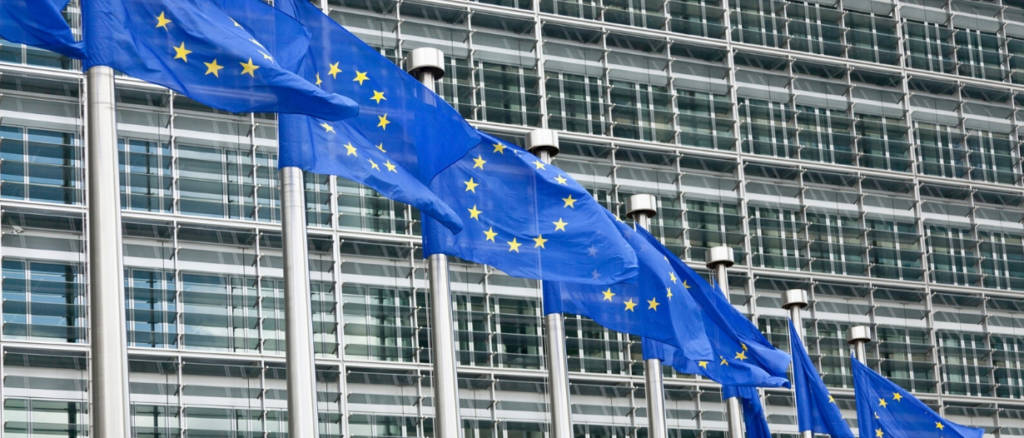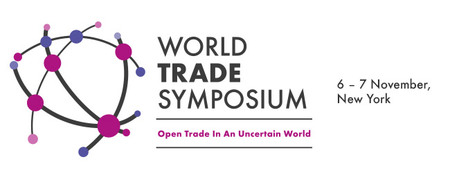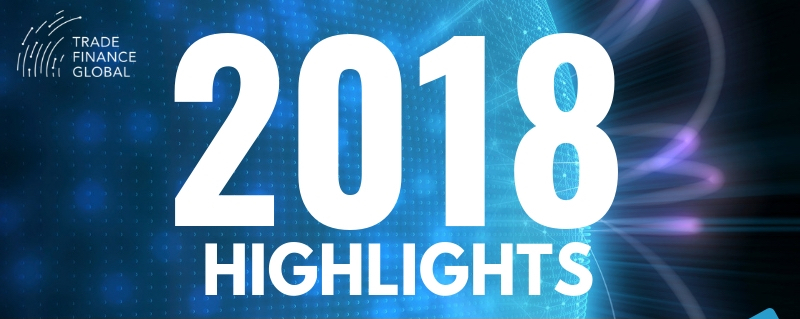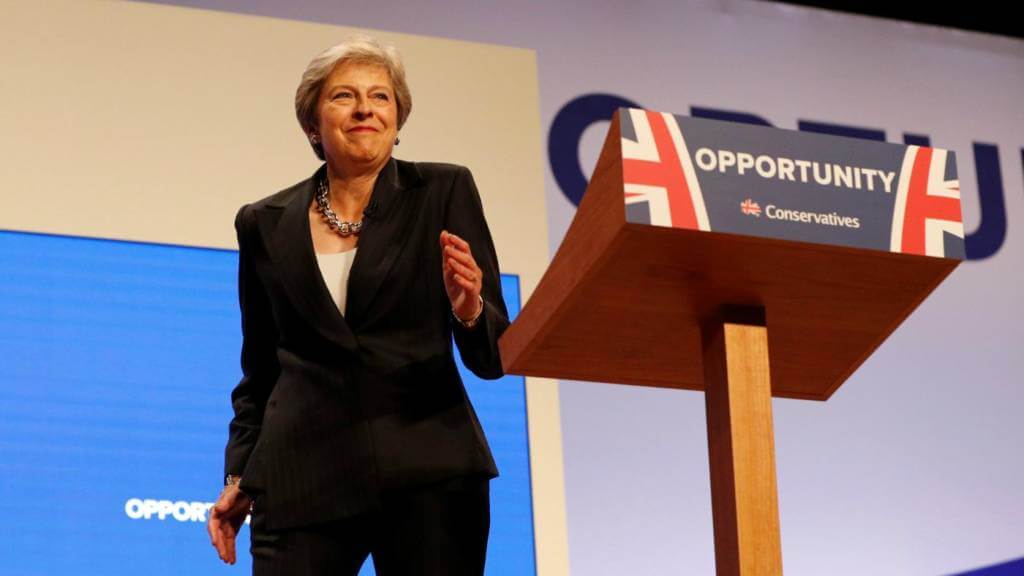The European Commission faces a tough challenge when considering its policies regarding competition in the market: It is a fine line between protecting domestic companies that struggle in light of giant companies from abroad and softening antitrust rules that Ms Vestager has to walk as EU competition chief.
In Global Financial Integrity’s 2019 update “Illicit Financial Flows to and from 148 Developing Countries 2006 – 2015” the estimate of illicit outflows of trade related payments from developing economies for 2015 alone was counted in the hundreds of billions – greater in value in fact than the aid budgets flowing into those countries.
There is, so far as I am aware, little or no precedent for what the UK is attempting to do: seeking to reduce unfettered access to its closest and most important market – which also happens to be one of the world’s two largest. In 2018, 46% of the UK’s exports went to the EU, and 54% of UK imports came from it. Almost all countries in the world try to make trade deals, not dismantle them.
It is clear that NGOs play a major role in providing humanitarian aid. However, there are several NGOs that are responsible for facilitating national and international trade as well. Organizations like Care International, use trade as a tool to empower women by improving their financial literacy.
Certificates of Origin, alongside with the ICC Incoterms® rules, are some of the most crucial trade documents which authenticate the origin of any goods which are exported. Trade Finance Global spoke to CO experts, traders, shippers and producers, compiling a list of the most common mistakes when preparing Certificates of Origin, and how to avoid them.
The World Trade Symposium in November coincides with incredibly interesting times in global trade. Not only will the run-up to the US 2020 Presidential election be well underway, but a spotlight will be firmly trained on the impact of Brexit on the EU, should it go ahead at the end of October.
International law firm Sullivan has advised international financial services association BAFT (the Bankers Association for Finance & Trade), together with ITFA (the International Trade and Forfaiting Association), on the updated New York law Master Participation Agreement (NY MPA) and associated usage guidelines, published yesterday.
For treasury and liquidity managers, as the foreign exchange industry, 2018 was certainly a year of volatility for sterling, dollar and the euro. So what’s in stock for 2019? We… read more →
For trade and receivables related financings, 2018 was a year of volatility and unexpected happenings. From the explosion of digitalisation and sweeping regulatory changes to the introduction of non-bank finance… read more →
The week started very quietly in terms of economic data, although more Brexit fears caused the pound to weaken against the US dollar. There have been some encouraging headlines about… read more →
























